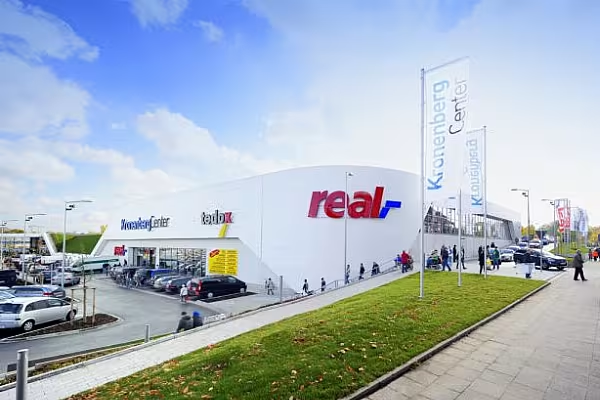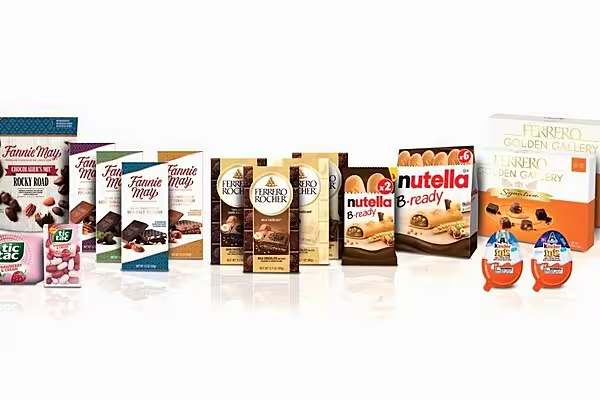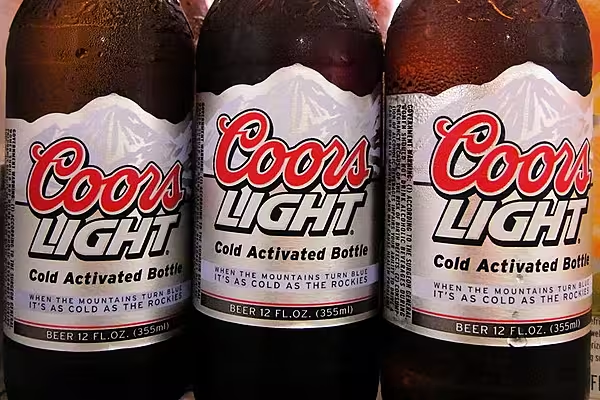A little investment can go a long way, as Germany’s Metro AG is discovering when it comes to its Real hypermarket operation.
According to the group’s preliminary sales for the first quarter of its 2017/18 financial year, like-for-like sales at Real were flat (0.0%). Reported sales went down by 0.5%, compared to 4.0% in the same period in 2016/17 – not hugely impressive figures, granted, but considerably better than recent performances.
As Metro pointed out, like-for-like sales at Real were at the same level as the previous year, despite the ‘significantly negative effect of reduced trading days’, with ‘positive developments’ in its non-food categories and a stronger performance from its food categories, despite the ‘highly competitive market’. It also said that its online business, Real.de, posted ‘continued strong growth’.
Turning The Corner
It’s a far cry from this time last year, when the then Metro Group was citing the ‘intense competitive environment’ in the German grocery market as a root cause of what was a fairly disappointing yearly performance.
In Q1 2016/17, Metro’s Real business posted a 1.7% decline in sales, on the back of a full-year 2015/16 that boasted few highlights: Q1 2015/16 saw a 1.6% decline, followed by a 0.5% increase in Q2, a further 3.5% decline in Q3, and a 0.3% increase in Q4.
Real, for all intents and purposes, was stagnating.
Where there was hope for the business, Metro explained at the time, was with the roll-out of Markthalle Krefled, a major refurbishment of a hypermarket just north of Düsseldorf, which promised a brand-new experience for shoppers, including a ‘market-style’ fresh offering, a walk-in wine-tasting room, a pizza station and a sushi bar, among many novelties. Opened in November 2016, Markthalle Krefeld would be a deciding factor as to whether the Real business would turn a much-needed corner.
By June 2017, chief executive Olaf Koch was happy to report at the Consumer Goods Forum Global Summit in Berlin that sales at Markthalle Krefeld were up 30%, paving the way for the concept to be rolled out into other Real stores in the estate.
Renovated Stores
Following the split of Metro Group into two businesses – retail- and wholesale-focused Metro AG and tech business Ceconomy – Koch and his team now have an obligation to put this into practice, and, according to the group’s first-quarter results, some nine stores have already undergone renovation.
Commenting on the preliminary figures, analyst Bruno Monteyne of Bernstein Research said that while management is “talking up” the repositioning and renovation of nine stores (which account for 3% of the network), this “doesn't yet seem to be feeding through to a markedly improved performance”.
Koch and his team will know that any sign of growth in a business that has long been something of an albatross around the group’s neck should be read as a positive, and Real’s re-emergence, while it may take some time, is coming.
Also positive for the hypermarket operator is the news that online sales went up in the quarter, indicating that its purchase of Hitmeister, an online marketplace that Metro acquired last year, is starting to pay off.
While, at the time, many questioned how Real and Hitmeister’s largely different portfolios could meld together, the result of the transaction appears to be the creation of a Real.de platform that is simpler to use, offers a wider range, and is more responsive to consumer demands.
Maintaining a successful online grocery business is harder in Germany than in other markets, given the smaller margins that retailers generate there. Last year, Lidl pulled back from plans to roll out a grocery delivery service – a move that reportedly led to the departure of boss Sven Seidel and head of digital Philipp Götting. Real is confident, however, that it can make online work, offering it another potential advantage over its rivals.
Time will tell, of course, and, naturally, much of Metro’s focus will remain on its wholesale operation, which accounts for around 80% of its business. For those who were suggesting some years ago that Metro may look to either offload or wind up its hypermarket operation, Koch and his team appear to be suggesting otherwise.
© 2018 European Supermarket Magazine – your source for the latest retail news. Article by Stephen Wynne-Jones. Click subscribe to sign up to ESM: The European Supermarket Magazine.














